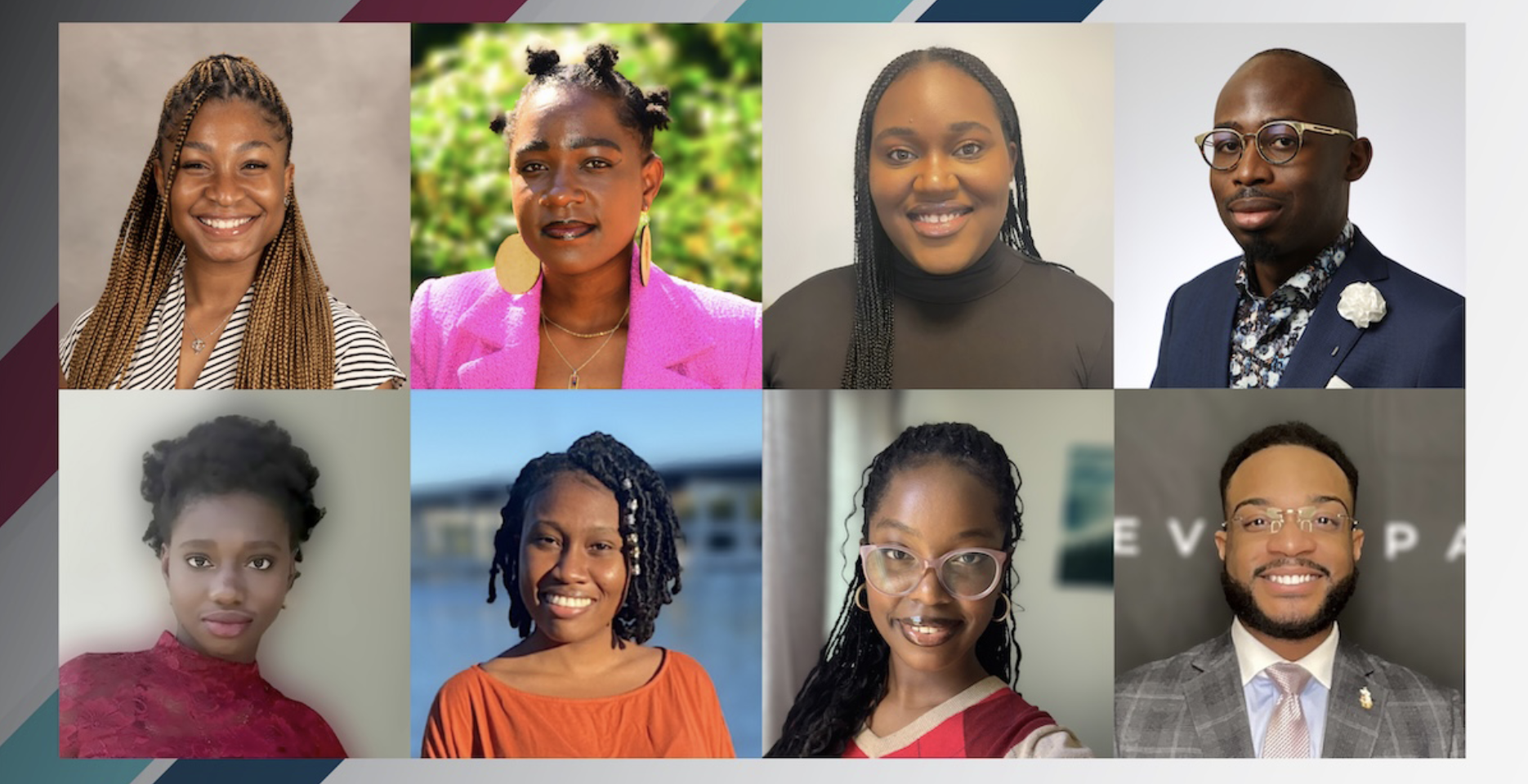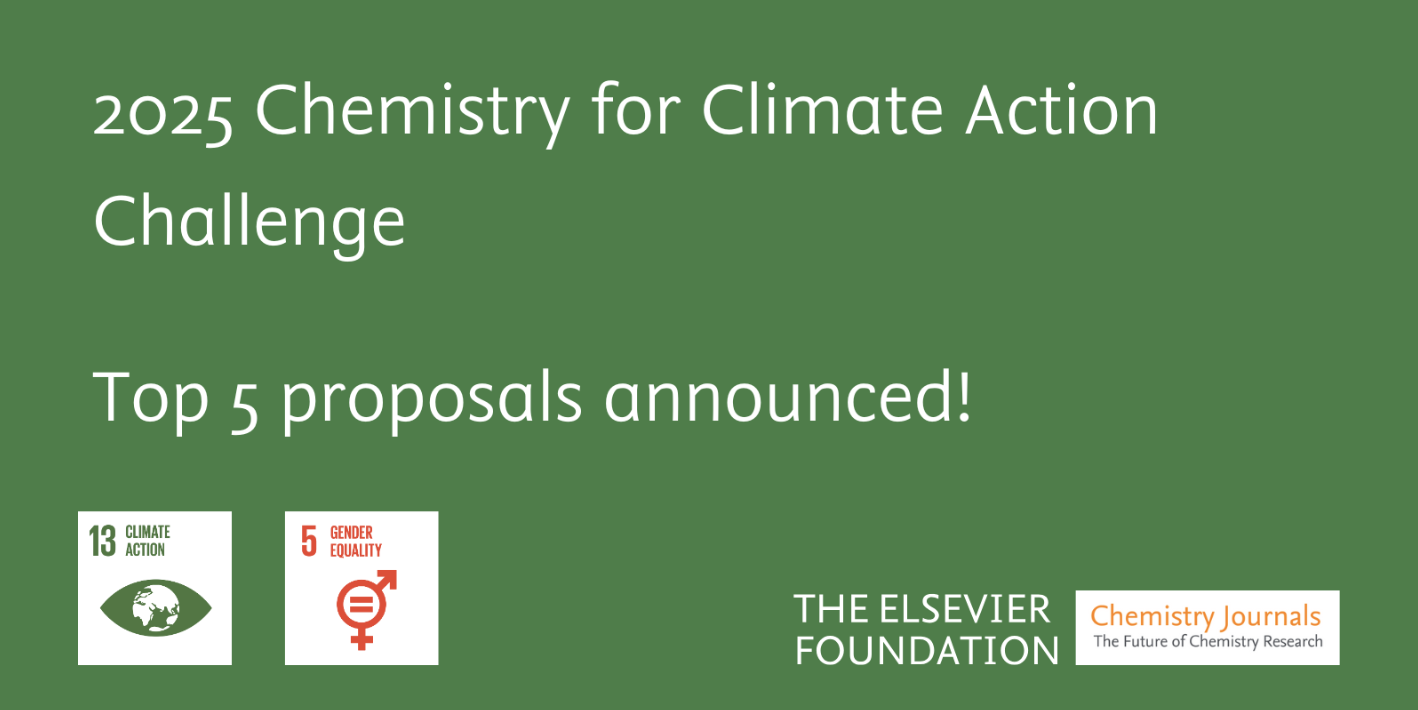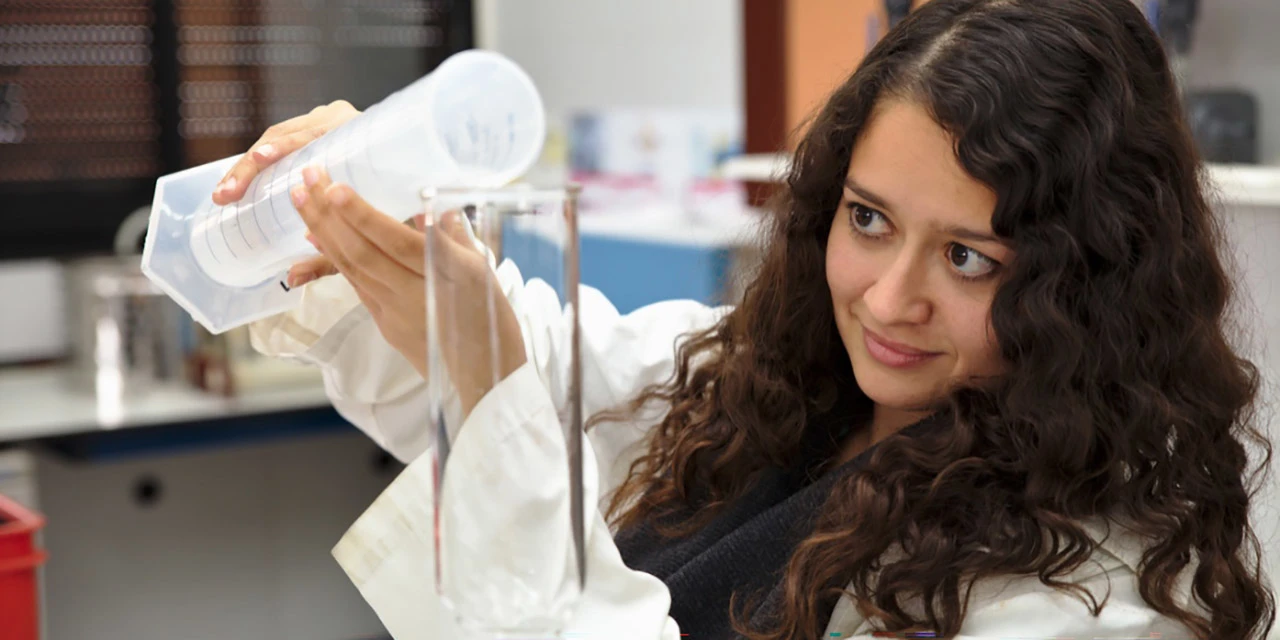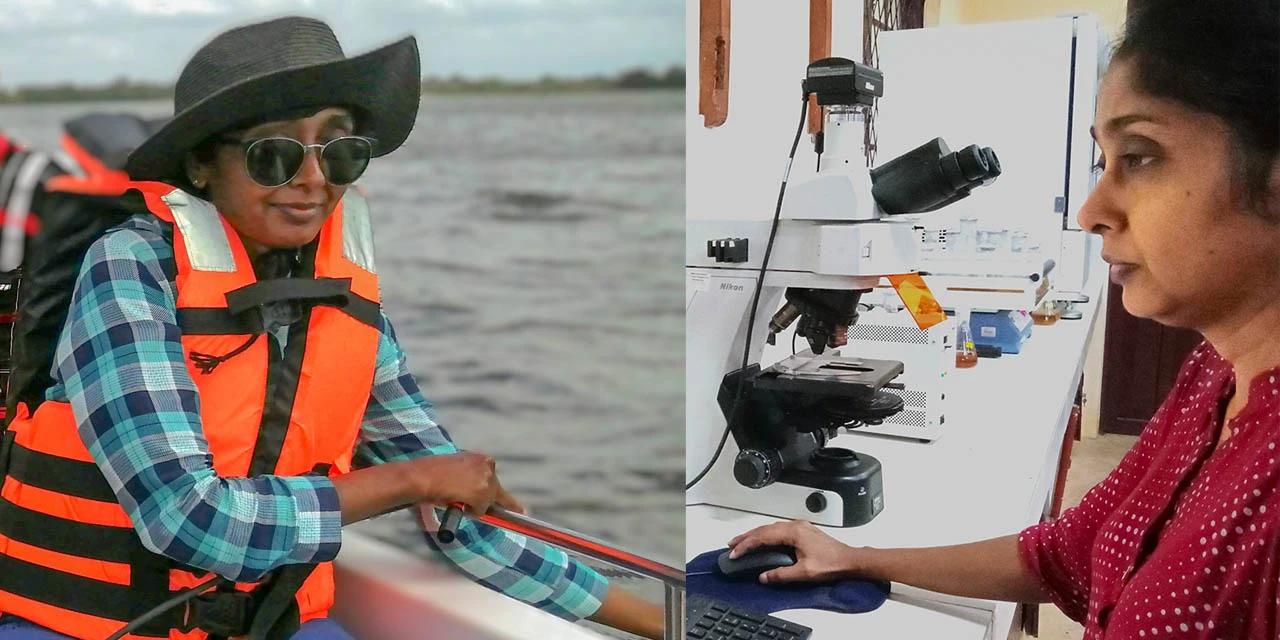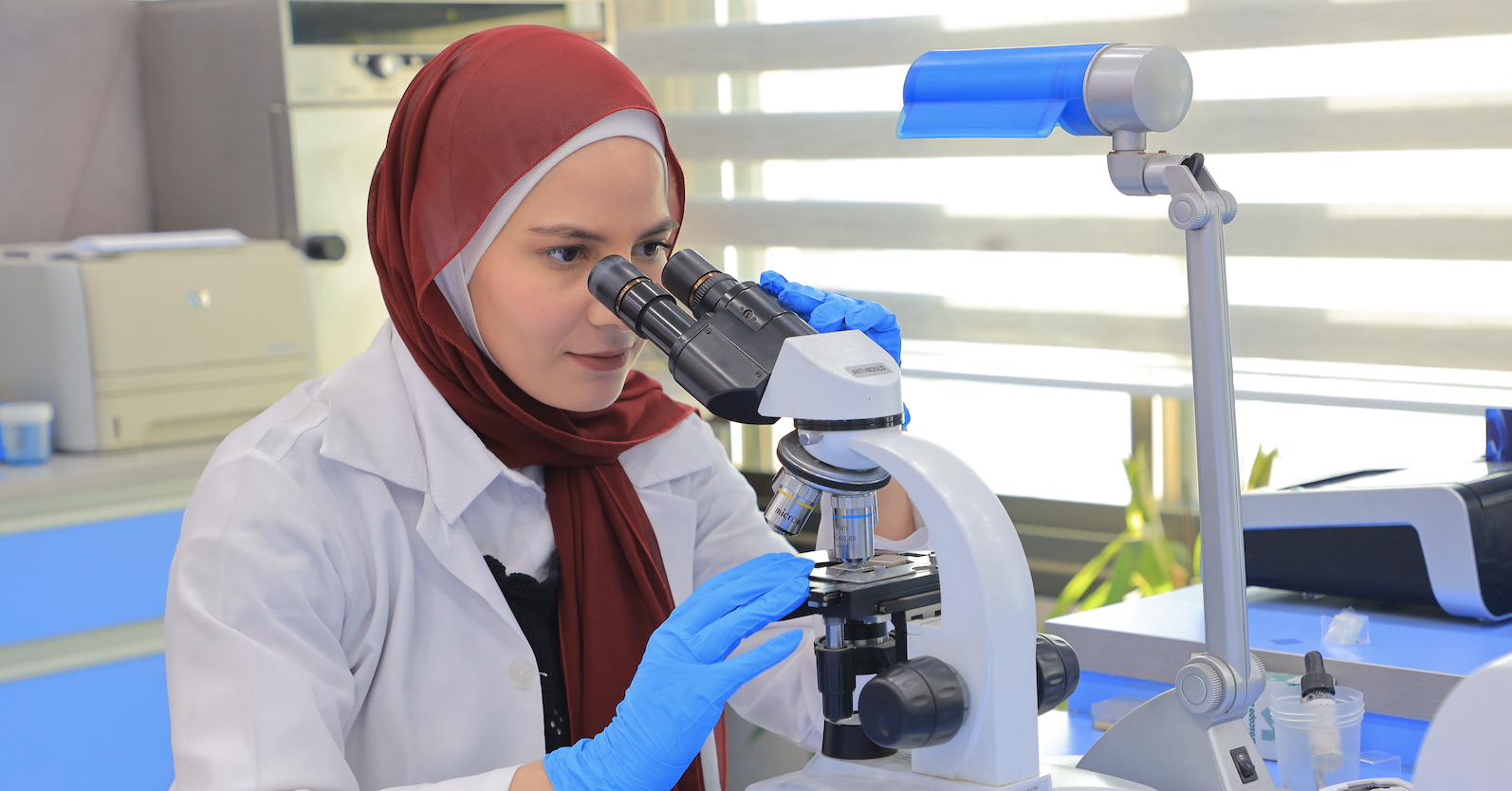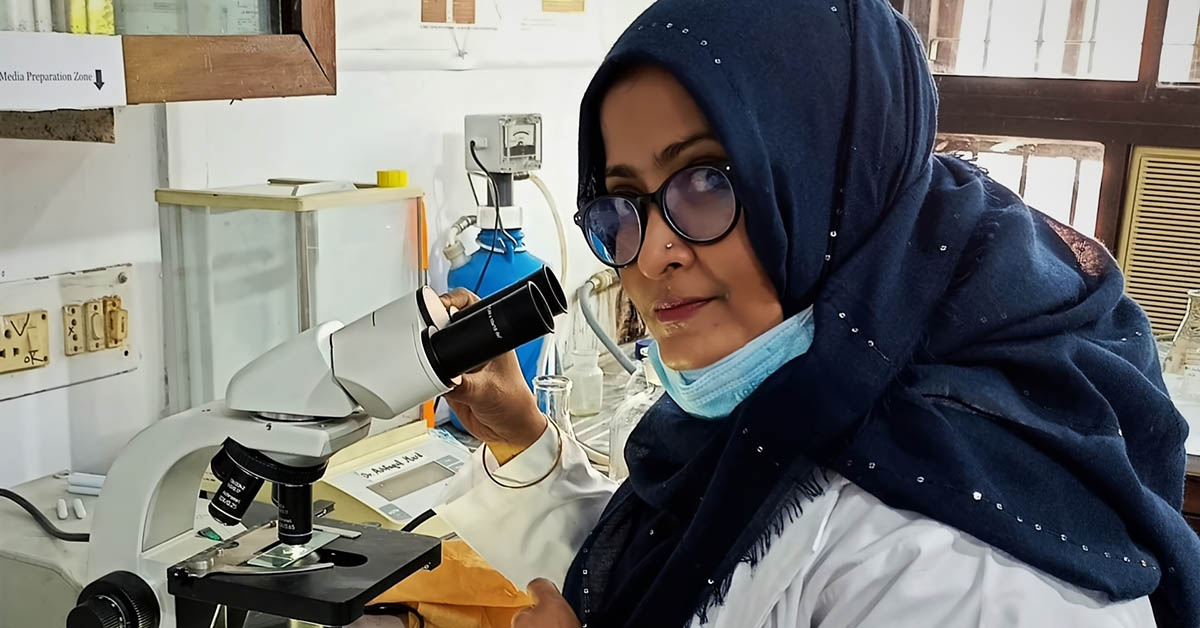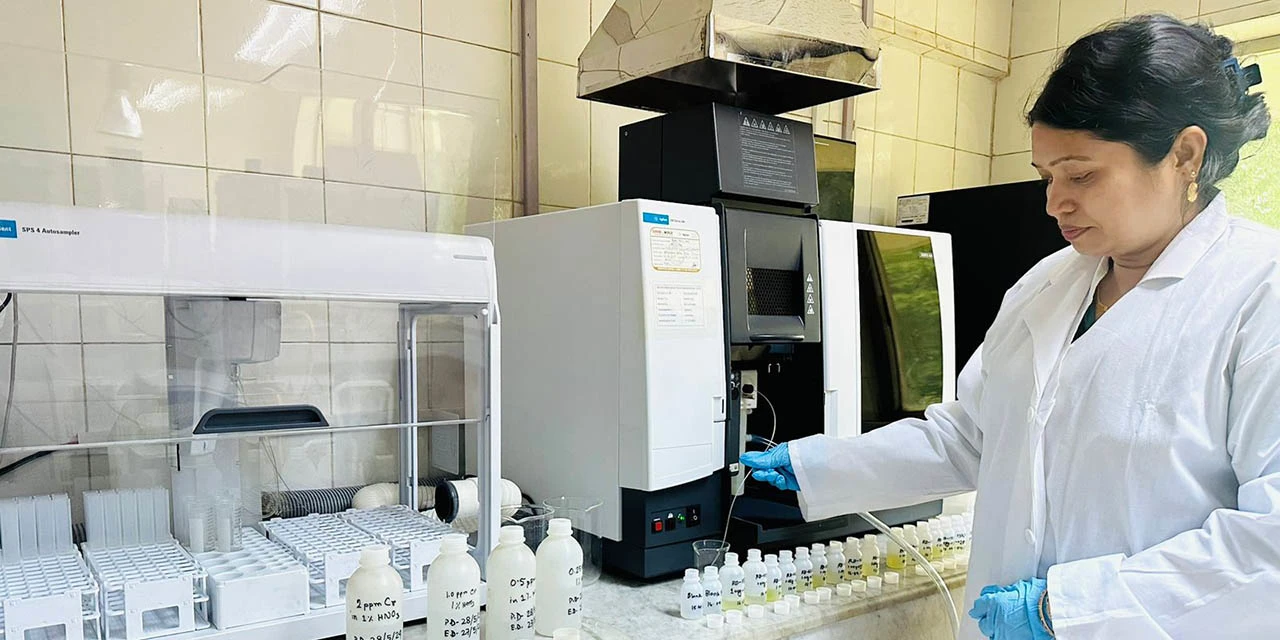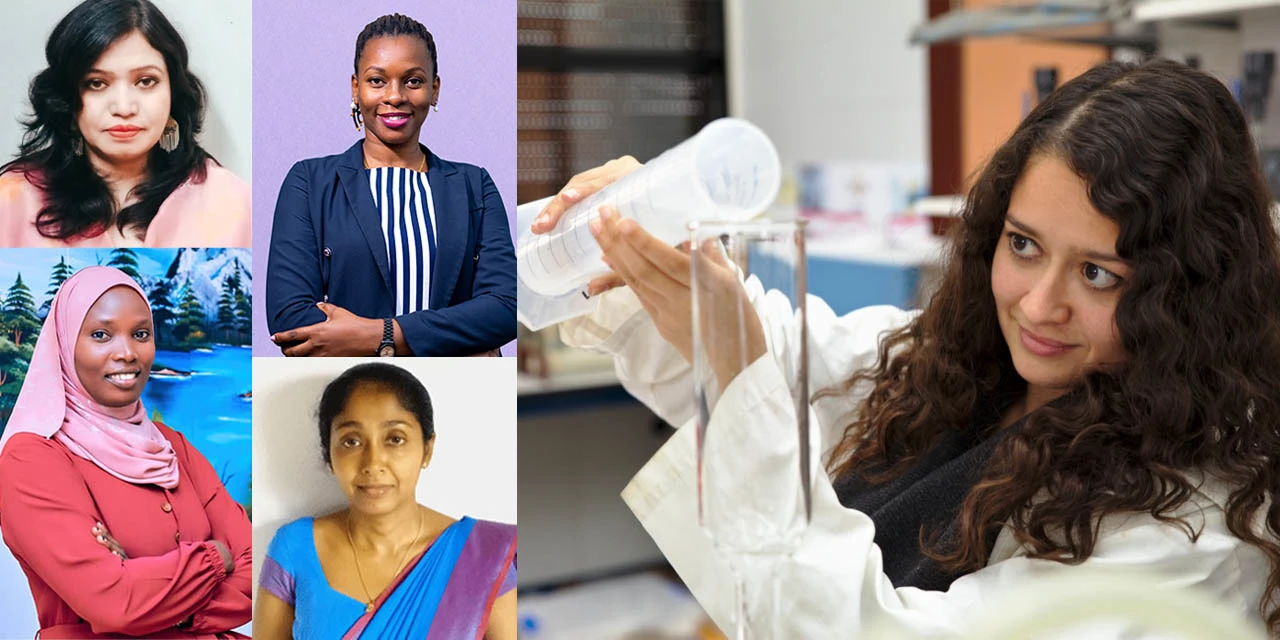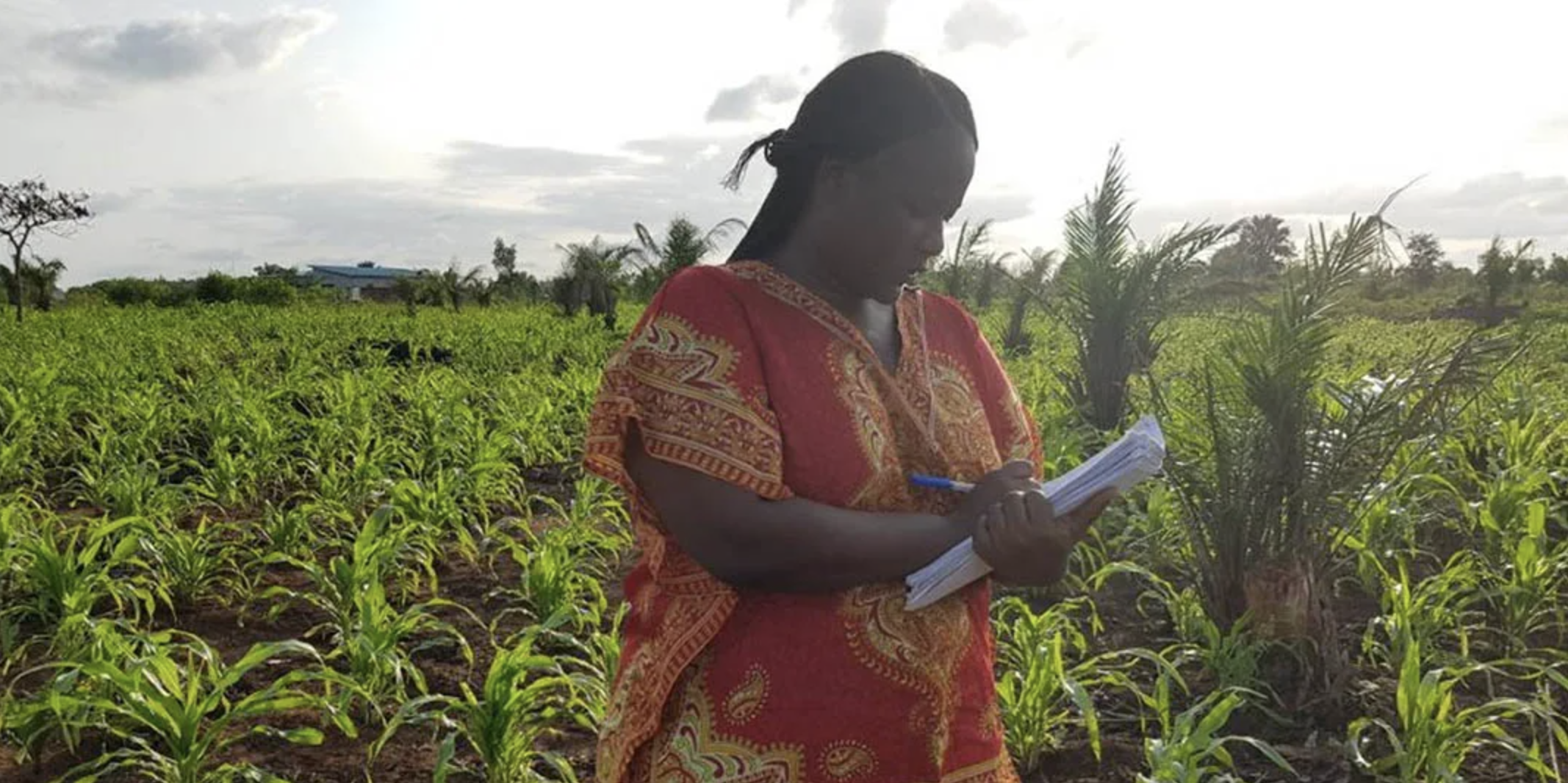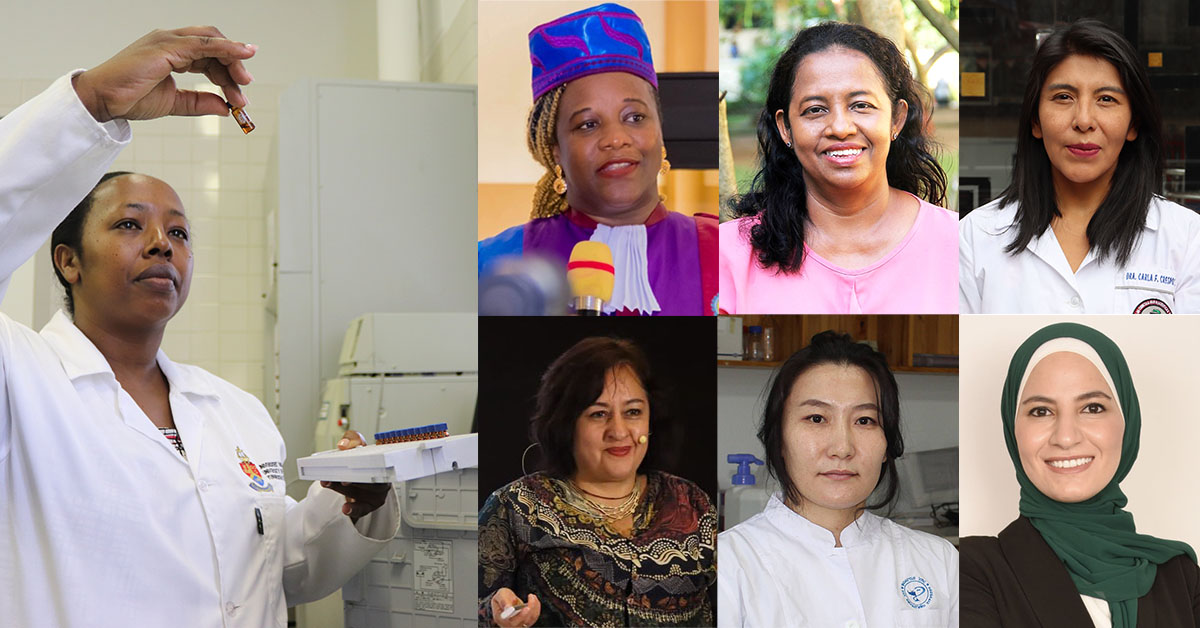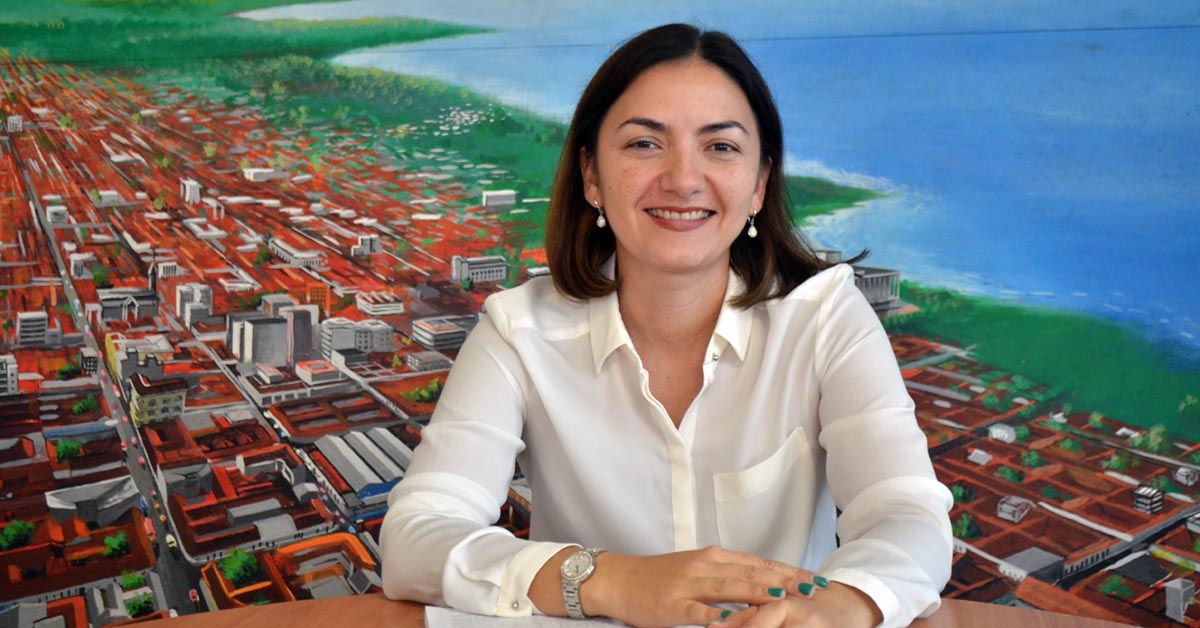Since 2012 the OWSD-Elsevier Foundation Awards for Early-Career Women Scientists in the Developing World recognize the achievements of researchers who have made significant contributions to the advancement of scientific knowledge. The program represents a longstanding partnership between the Organization for Women in Science for the Developing World (OWSD) and the Elsevier Foundation.
Applications for the 2025 awards are now open.
Apply now
About the awards
“These scientists are performing groundbreaking international-level science, often in circumstances where the deck has been stacked against them, They deserve to be honored and celebrated for their dedication not only to their research but to creating a better world for people to live in.” OWSD President Prof. Jennifer Thomson
Since 2013, more than 60 researchers from over 35 countries have won the awards. Each winner receives a cash prize and is sponsored to attend a prominent scientific conference in their field where they receive their awards at a special ceremony, attend workshops and sessions, meet experts, visit local laboratories and institutions, and attend a celebratory networking event.
The awards align closely with the United Nations SDGs, welcoming a range of interdisciplinary approaches. The 2023-2026 awards cycle is focused on: 2023: Food Security, agricultural productivity and sustainable food production (SDG2), 2024: Water, sanitation and hygiene (SDG6), 2025: Inclusive Health (SDG3), 2026: Sustainable, affordable and reliable energy (SDG7).
Meet the 2024 winners - Water & Sanitation
-
Dr Augustina Clara Alexanderopens in new tab/window, Lecturer in the College of Engineering and Technology, University of Dar Es Salaam, Tanzania: Water supply and treatment, hydrological modeling, climate change
-
Dr Tasrina Rabia Choudhuryopens in new tab/window, Principal Scientific Officer, Bangladesh Atomic Energy Commission, Bangladesh: Environmental restoration, water quality improvement
-
Prof Shirani Manel Kumari Widana Gamageopens in new tab/window, Department of Botany, University of Ruhuna, Sri Lanka: Applied microbiology, plant virology, bioinformatics
-
Dr Lidia Antonella Rivera Peñalvaopens in new tab/window, Principal Investigator, Coral Reef Alliance, Honduras: Marine biology, fisheries, socioecological systems
-
Dr Zubeda Ukundimanaopens in new tab/window, Lecturer, Kampala International University, Uganda: Wastewater treatment, sanitation and hygiene
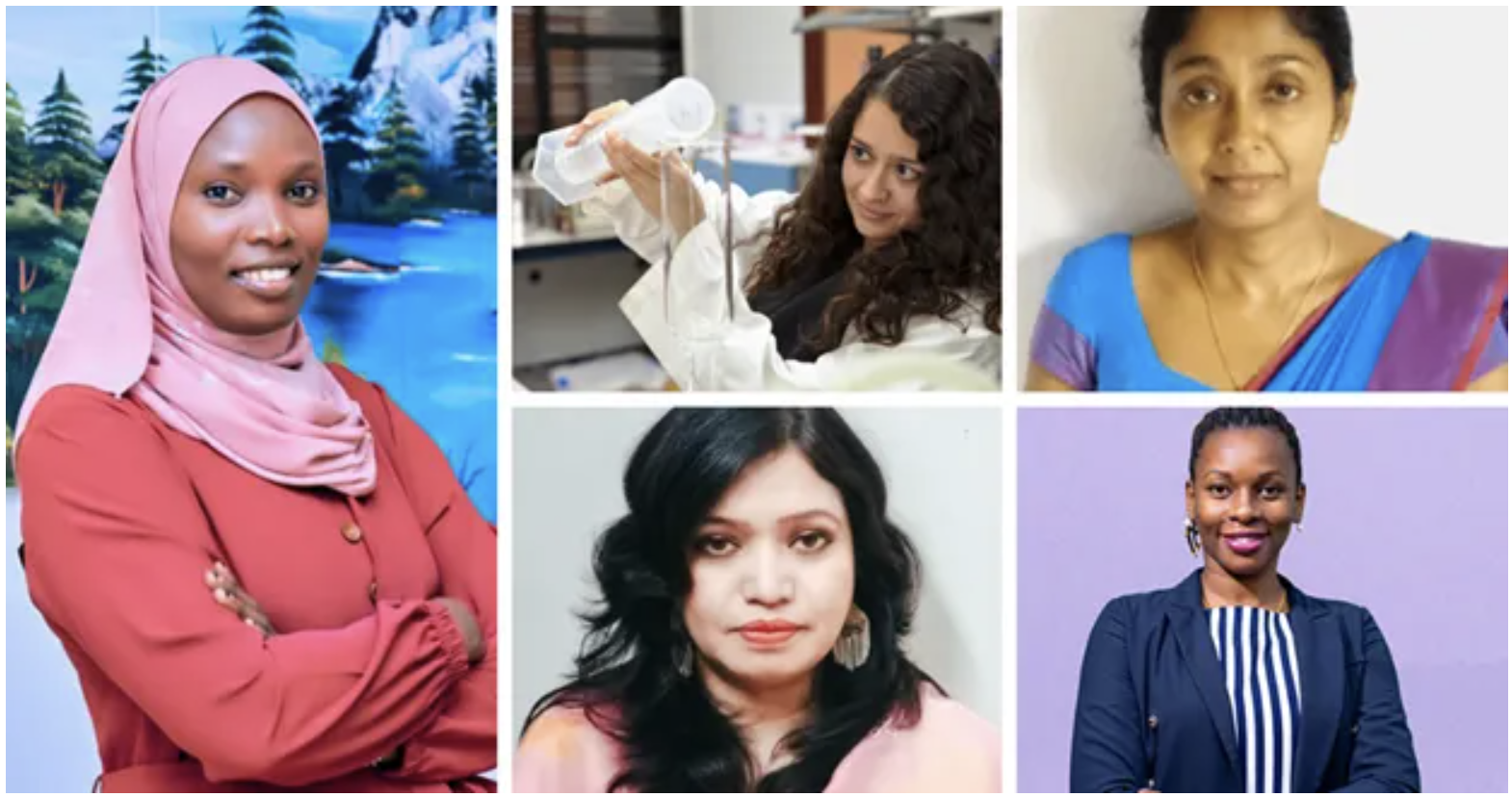
Awards News
